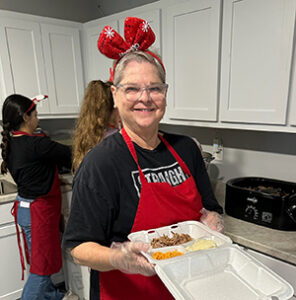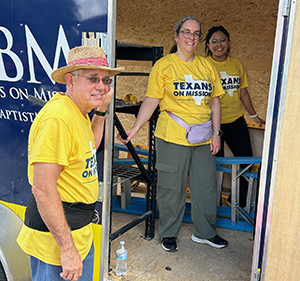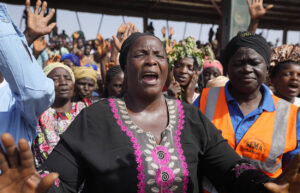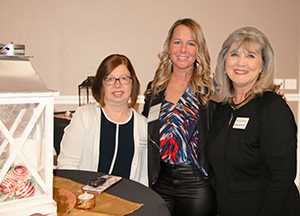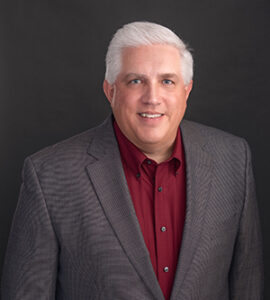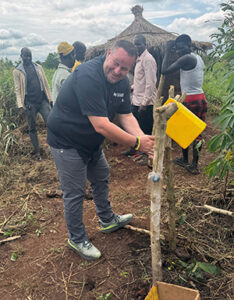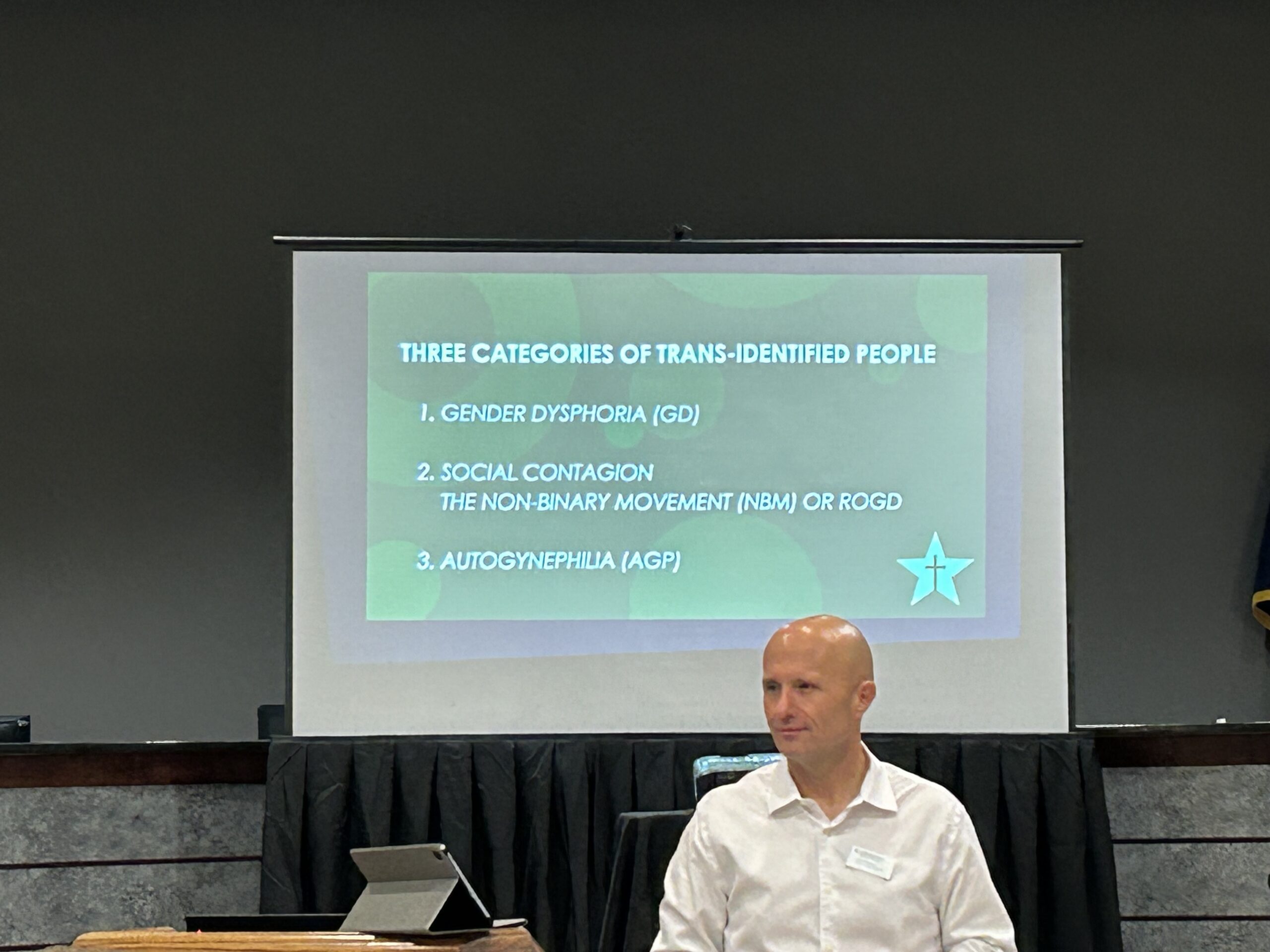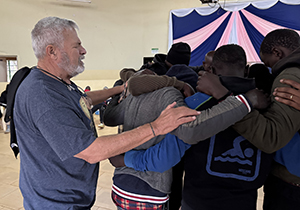Editorial: A Christmas hymn gotcha
“O holy night, the stars are brightly shining …”
It’s long been one of my favorite Christmas hymns. Sung well, it gives me chills every time.
At the same time, the song is such a ubiquitous feature of the Christmas season that it easily can be ignored as so much seasonal background music.
And then comes along a unique arrangement of the well-worn classic that jars me back into the present. And that’s what happened to me Sunday morning during our church’s worship service.
Hearing a hymn anew
The song progressed as usual from the opening line through the first verse and chorus—a duet singing smooth phrases sliding from one into the next through “o night divine.”
The choir rose to sing the next verse, which happens to be the third verse. Nothing unusual so far.
The orchestra crescendoed.
“Truly
he taught us”
Staccato with a hard stop.
Smooth: “To love one another;”
Stop.
Smooth: “His law is love and his gospel is peace.”
The men only:
“Chains shall he break”
Staccato with a hard stop.
Smooth: “For the slave is our brother,”
The women joined in to sing the next phrase forcefully, crescendoing on the last word:
“And in his name all oppression shall cease.”
Hard stop.
Backed by the soft music of strings and wind instruments, a whole world opened in my mind.
How the hymn got me
I’ve always sung and heard sung the lyrics to “O Holy Night” as a celebration of fulfilled promise. The Messiah has come and will make all things right. Oh. Night. Divine!
But the phrasing and its delivery Sunday morning shifted the subject importantly. And here’s the gotcha.
I was being addressed.
Yes, his law is love and his gospel is peace. Yes, Jesus will break every chain. Yes, the slave is our brother. But …
“In his name all oppression shall cease.”
“In his name …”
“Woe is me, for I am ruined! Because I am a man of unclean lips, and I live among a people of unclean lips” (Isaiah 6:5 NASB).
Are we not those who pray in his name, gather in his name, claim to act in his name?
And yet, has oppression ceased?
You might think I’m overreacting, that I’m taking things too far. And I might agree with you if not for the previous line and its scriptural context.
“Truly he taught us to love one another.”
Yes, yes, he did. And he expects us to obey his teaching and to teach others to obey his teaching.
So, we gather in his name and pray in his name and identify ourselves with his name.
And yet, oppression has not ceased.
The chill is no longer the involuntary frisson of awe-inspired cold across the skin. The chill now is the bone-cold of holy fear.
Lord, we have taken your name in vain. We have proclaimed the wonder of your incarnation, the power of your death and resurrection, and the joy of your salvation. But though we have taken on your name, we have not done all you taught us.
How the hymn gets us
We have conformed to the principles and values of this world. In so doing, not only have we not broken all chains and ended all oppression, we have put many in chains, and we have fueled oppression.
We want the best price for ourselves, whatever it may cost someone else. We want comfort and security, whatever it may take from someone else. We want what we want, whatever it may do to someone else to get it, to have it.
Joy to the world, indeed.
Yes, Lord, the world lay long in sin and error pining. We, your people called by your name, have lain long in our sin and error, thinking we were exempt from such confession and repentance.
Hard stop.
How the hymn redeems us
If this were the end of the matter—or even just the end of the hymn—well, talk about a Debbie Downer just in time for Christmas.
Ah, but if this were the end of the matter, there wouldn’t be Christmas. And there wouldn’t be “O Holy Night.”
As the instrumental interlude gave way to the choir softly intoning, “Sweet hymns of joy,” my vision was swallowed up by the final proclamation:
“ … in grateful chorus raise we …
Christ is the Lord! O praise his name forever!”
No, all chains have not been broken … yet. No, all oppression has not ceased … yet. Nevertheless, his law and his gospel are not without effect and are still in effect. And his call still stands to carry forth in the character of his name.
Therefore,
Let us fall on our knees. “Let all within us praise his holy name.”
Let us not just sing “sweet hymns of joy.” Let us live them.
Let our words and our deeds, let our thoughts and our actions embody the hope, the peace, the joy and the love—the release from all captivity, the freedom from all oppression—our namesake Christ Jesus taught us.
May our lives be how “his pow’r and glory evermore” are proclaimed.
Eric Black is the executive director, publisher and editor of the Baptist Standard. He can be reached at eric.black@baptiststandard.com. The views expressed in this opinion article are those of the author.
